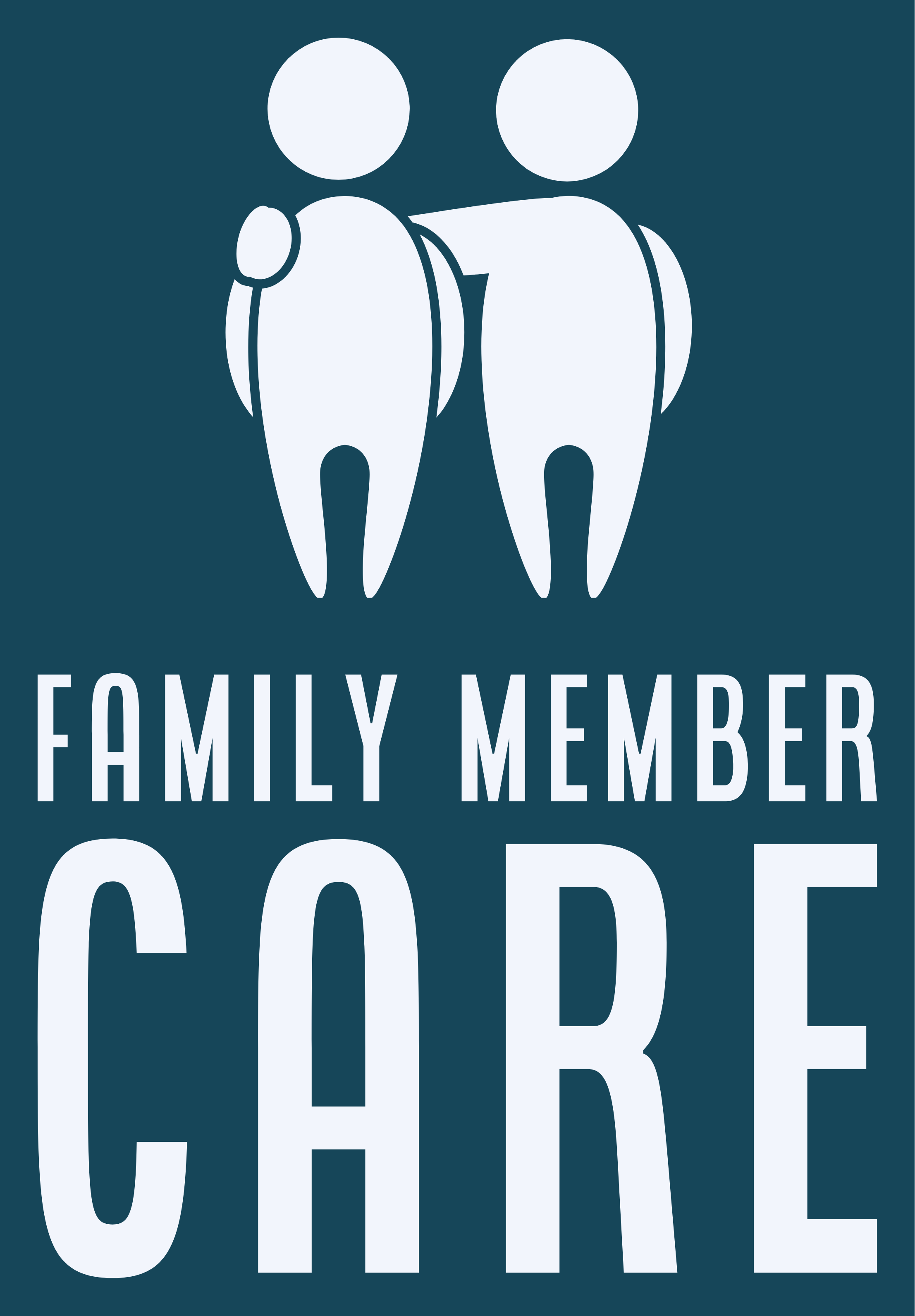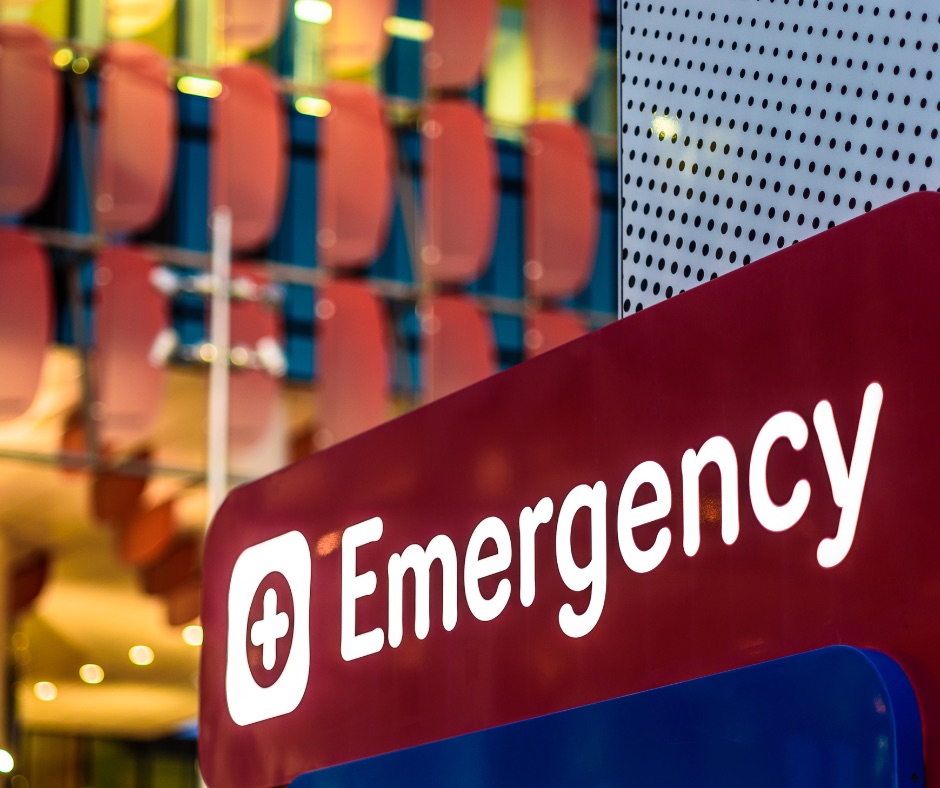Among the many duties that caregivers take on, being prepared for medical emergencies is perhaps one of the most crucial. Medical emergencies can happen suddenly and without warning, so knowing how to react can make all the difference. In this guide, we'll provide caregivers with step-by-step guidelines on how to handle critical medical situations effectively.
Step 1: Stay Calm
In any emergency, the first and most important step is to stay calm. Your loved one needs your help, and a clear, calm mind will enable you to provide the best care. Take a deep breath, and remember that you've got this.
Step 2: Call for Help
If your loved one is facing a severe medical emergency, such as a heart attack, stroke, or severe bleeding, immediately call 000 or your local emergency number if you’re outside Australia. While help is on the way, follow these steps:
Step 3: Ensure Safety
Before providing care, ensure that both you and your loved one are safe. If there are any immediate dangers (e.g., a fire, car accident, or violence), remove yourselves from harm's way.
Step 4: Assess the Situation
Is the person conscious or unconscious? Are they breathing normally? Do they have a pulse? This initial assessment helps you determine the urgency of the situation.
Step 5: Perform CPR (If Necessary)
If the person is unconscious and not breathing or not breathing normally, start CPR (cardiopulmonary resuscitation). If you're not trained in CPR, follow the dispatcher's instructions until professional help arrives.
Step 6: Control Bleeding
In cases of severe bleeding, your priority is to control it. Use a clean cloth, bandage, or your hand if necessary to apply pressure to the wound. Elevate the injured area if possible.
Step 7: Provide Emotional Support
Medical emergencies are not only physically traumatic but emotionally challenging as well. Offer your loved one comfort and support throughout the process. Your presence can make a significant difference.
Step 8: Medication and Allergies
If your loved one is conscious and you're aware of their medical history, including allergies and medications, share this information with the medical professionals when they arrive. This can be crucial for correct treatment.
Step 9: Keep a Medical History Record
To prepare for emergencies, it's incredibly valuable to keep a detailed medical history of your loved one. Family Member Care is an excellent tool for this, allowing you to record medical conditions, allergies, medications, and important contact information, all in one place. Having this readily available can save critical time.
Step 10: Follow Up
Once the medical professionals arrive, your role transitions to providing information. You can help by answering questions about your loved one's condition and medical history. Your organization and clear communication will be appreciated by the healthcare team.
Family Member Care: Your Emergency Readiness Tool
Family Member Care not only assists you in organizing medical information but can also play a crucial role during emergencies. You can provide medical professionals your loved one's critical data, ensuring that they receive the most accurate and timely care possible.
If you'd like to see more, head here to get your free 7-day trial.


